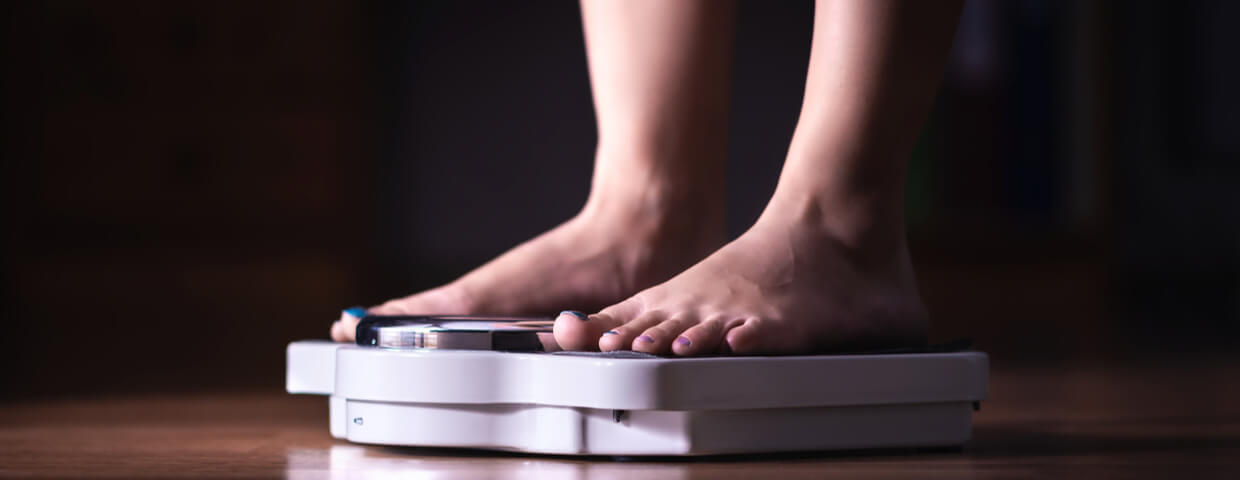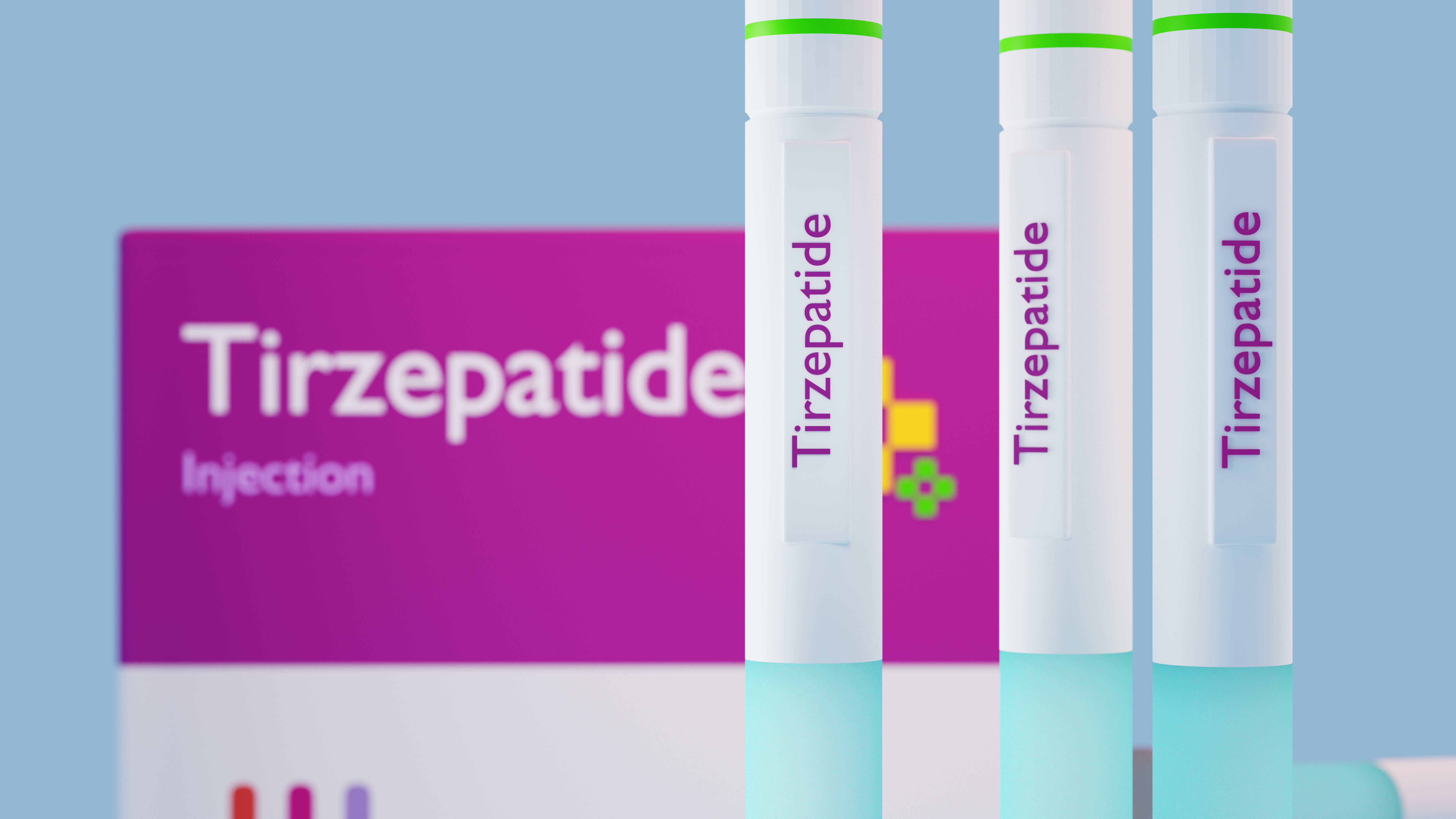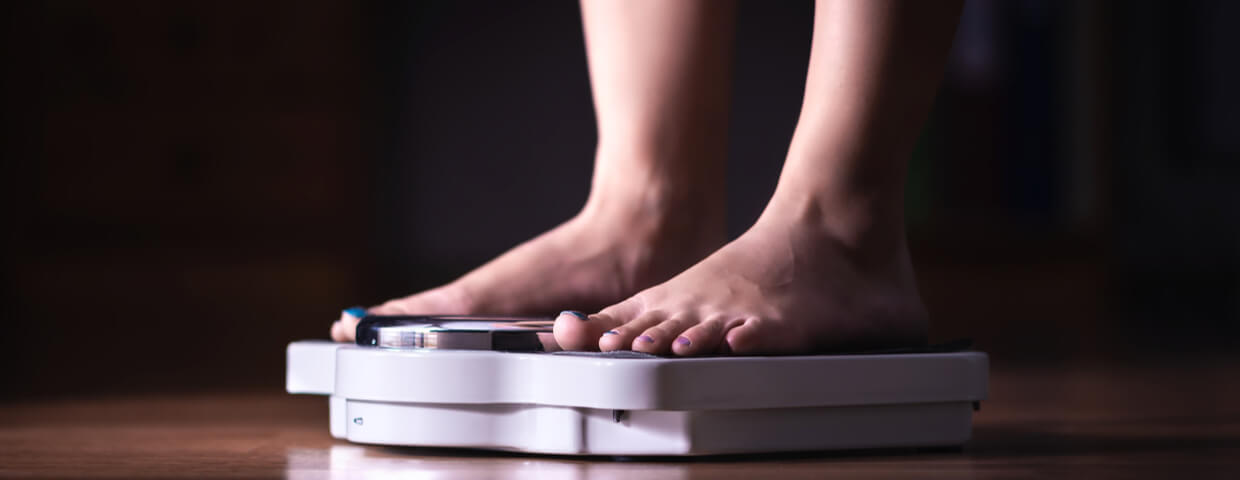 You've been eating healthier and exercising consistently. You're eating your fresh fruits and vegetables, complex carbs, lean meats, and you feel you're doing everything right to make your scale show the difference… but you're not seeing the weight loss numbers you had hoped for.
You've been eating healthier and exercising consistently. You're eating your fresh fruits and vegetables, complex carbs, lean meats, and you feel you're doing everything right to make your scale show the difference… but you're not seeing the weight loss numbers you had hoped for.
4 Unexpected Reasons Why You May Not Be Losing Weight
Many patients at Transformyou find that their weight loss plateaus or they have trouble identifying why they aren't losing the weight they feel they should be. Well, there are a few things that may explain this!
You Aren't Getting Enough Protein
A study finding that may surprise you says that people whose diets where their daily calories are comprised of 15-25% of protein store 45% of their excess calories as muscle. However, people whose diets where their daily calories are comprised of 5% of protein store 95% of their excess calories as fat. That's a pretty significant difference! This just goes to show that it's important to get enough protein in your diet, especially if you are trying to lower your overall calorie intake. To ensure that you're losing fat and not muscle, we suggest getting a scale that uses bioelectrical impedance to help you gauge the amount of lean mass, water, and fat in your body.
You Aren't Drinking Enough Water
The old adage of drinking eight, 8-ounce glasses of water a day is dated. It's not correct for every person. Your body is 50-65% water, and that is vital to your health. Every part of your body needs an adequate amount of water to function properly.
Having the right amount of water keeps you energized, alert, and helps you maintain a healthy weight.
To figure out how much water you need personally, you can use the following steps:
- Divide your current weight (in pounds) by 2.2
- Depending on your age, multiply that number by:
- 40, if you're younger than 30 years old
- 35, if you're between the age of 30 and 55
- 30, if you're older than 55
- Divide that sum by 28.3
- You now have the total number of ounces you should be drinking a day. Divide that by 8 to see how many cups of water you should be drinking.
Obviously, this amount changes if you've been exercising, are in a hot environment, are taking certain medications, etc. Your base amount is what you've calculated above.
You're Not Getting Enough Sleep
Not everyone needs eight hours of sleep, but some people actually need more. Not getting enough sleep or having poor sleep is one of the biggest risk factors for obesity, so even if you're eating healthy and exercising, if you aren't getting enough sleep then you may be hindering your body from losing weight. Sleep deprivation can alter the hormones that control hunger, which means that if you are sleep deprived then you can't necessarily trust your body to accurately tell you when you should eat and what you should eat.
The two hormones that are key in the relationship between sleep and weight are leptin and ghrelin. Leptin tells you when to stop eating and when you are sleep deprived. Ghrelin is the hormone that tells you when to eat, and when you're sleep-deprived, you have higher ghrelin. This contributes to greater hunger. Studies show that a lack of sleep can decrease your metabolism by 15%. We don't know about you, but we would rather keep that extra 15% working for us!
Stress is Affecting Your Body
Let's be real here: our lives are full of stressors. We worry about our work performance, being great at everything we put our hands to, strive to meet our goals, and so much more. Even screen time can cause stress on our bodies. Some of us get so used to the feeling of stress, than when it's not there we struggle to know how to relax and take the time to care for ourselves.
There is a stress hormone in our body called Cortisol that is released whenever we feel stressed. This can trigger our body to start storing fat and cause weight gain. So if you find yourself constantly feeling stressed, this could be contributing to your frustrations about your weight.
Getting Antsy Over Your Weight Loss Journey?
You don't have to wait for the pounds to come off naturally. In fact, some simply may never come off without a little bit of help. At Transformyou, we have medical weight loss options that can help you kickstart your weight loss, get past that plateau, or simply help you lose weight faster than you would normally. A few of the options we offer include:
-
The HCG Diet: This diet is a game-changer when it comes to losing excess weight and stubborn body fat. It combines a low-calorie diet with the use of HCG (Human Chorionic Gonadotropin) injections. Here are some tips on shopping while on the HCG diet.
-
Appetite Suppressants: Unhealthy snacking throughout the day (and by this, we mean snacking on unhealthy things), and fasting combined with gorging on one huge meal a day are two great contributors to weight gain. By getting in a healthy eating routine and taking appetite suppressants, you'll likely find yourself having a healthier relationship with food and fewer cravings throughout the day.
-
Hormone Optimization: If your hormones are unstable, you could be gaining weight as a result. Thyroid function is a huge determinant when it comes to weight because it helps regulate your body's metabolic rate. If your body isn't producing sufficient hormones, then your metabolism can slow down, causing you to gain weight.
Would you like to learn more about our weight loss options? Check out what we have!
Read next in Medical Weight Loss

Is Semaglutide the Best Option for Medical Weight Loss in Tempe, AZ
By Dr. Robb Bird

Metabolic Flexibility: What It Is & How to Train for It
By Dr. Robb Bird

Tirzepatide FAQ: Start Here
By Dr. Robb Bird
Medically reviewed by Dr. Robb Bird, NMD FAARM
Medical Director, Transformyou

